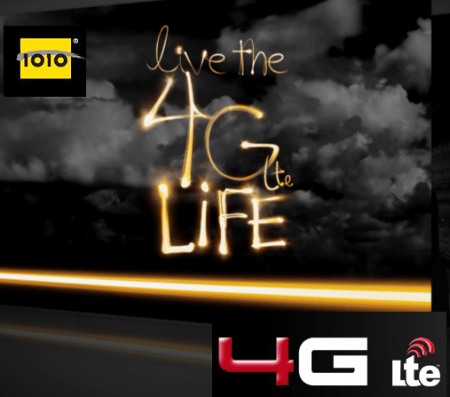Asian wireless operators are learning from their North American counterparts that artificially limiting wireless broadband consumption with usage caps and metered pricing can deliver enormous new profits companies can use to satisfy shareholders and attract higher dividend-seeking investors.
DoCoMo, Hong Kong’s CSL, and South Korea’s SK Telecom have all announced a shift towards usage-limited plans even as they launch new 4G networks that have at least three times the capacity of the older 3G networks they will eventually replace. In fact, as Dow Jones reports, usage capping 4G wireless Internet access has little to do with congestion. Instead, it’s a “revenue booster.”
Limiting data use and charging subscribers for excessive Web browsing on mobile devices may help boost carriers’ return on their investment at a time when many operators in the region have seen their earnings pressured due to falling voice revenue and hefty smartphone subsidies.
With the shift to charging subscribers for extra data usage, the region’s carriers are hopeful that they can boost their revenue.
While last generation 3G wireless broadband networks do face congestion issues, providers have maintained unlimited data plans until very recently. But solving the 3G capacity crunch by upgrading to 4G has not removed the excuse to engage in Internet Overcharging. It has only shifted the rationale for usage based pricing towards attracting increased revenue and investment.
Hong Kong-based CSL began offering 4G services in November last year for $44.85 for 5GB with an overlimit fee of $12.72/GB. At least CSL retains an unlimited use option, charging customers $60 a month for all-you-can-eat wireless broadband, a much better deal if you expect to exceed CSL’s 5GB limit.


 Subscribe
Subscribe
